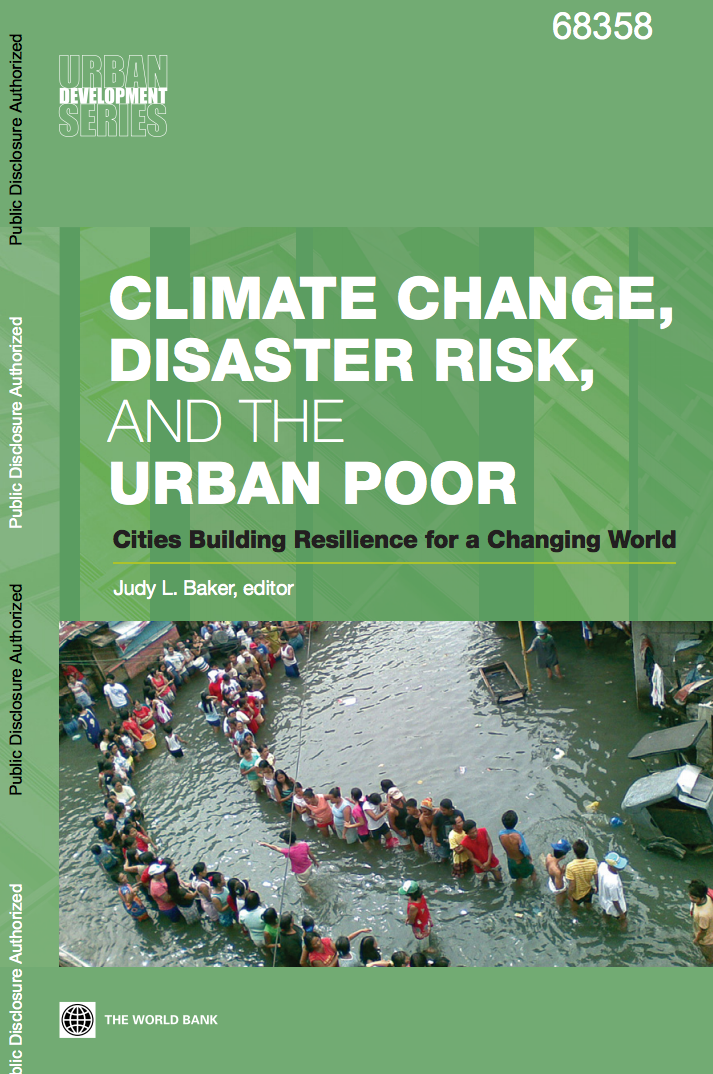Review of Program Design and Beneficiary Profiles of Social Welfare Programs in Mongolia
The report begins with a summary of
programs reviewed, a description of the PMT targeting
system, and the profile of individuals in the database. It
then presents key findings from the review of budgets and
the analysis of SW Admin/PMT data on program coverage and
distributional equity of program benefits. The report
concludes with a discussion of policy implications and
recommendations that emerged from the key findings and the


